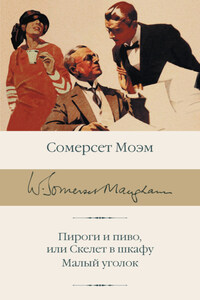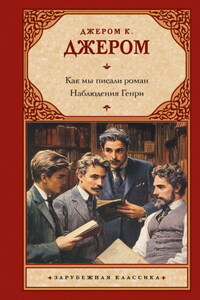Chapter One.
The Isle of Peace
Aquidnec – “Isle of Peace!”
Oh, Coddington, and ye Assistants of the General Court! what craze possessed you to change this fair title of the red aboriginal for the petty appellation of “Rhodes?”
Out upon your taste – your classic affectation! Out upon your ignorance – to mistake the “Roodt” of the old Dutch navigator for that name appertaining to the country of the Colossus!
In the title bestowed by Block there was at least appropriateness – even something of poetry. Sailing around Sachuest Point, he beheld the grand woods, red in the golden sun-glow of autumn. Flashed upon his delighted eyes the crimson masses of tree foliage, and the festoonery of scarlet creepers. Before his face were bright ochreous rocks cropping out from the cliff. Down in his log-book went the “Red Island!”
Oh, worthy Coddington, why did you reject the appellation of the Indian? Or why decree such clumsy transformation to that of the daring Dutchman?
I shall cling to the old title – “Isle of Peace”; though in later times less apt than when the Warapanoag bathed his bronzed limbs in the tranquil waters of the Narraganset, and paddled his light canoe around its rock-girt shores.
Since then, Aquidnec! too often hast thou felt the sore scathing of war. Where now thy virgin woods that rejoiced the eyes of Verrazano, fresh from Tuscan scenes? Where thy grand oaks elms, and maples? Thy green pines and red cedars? Thy birches that gave bark, thy chestnuts affording food; thy sassafras laurel, restorer of health and life?
Gone – all gone! Swept away by the torch and axe of the ruthless soldier-destroyer.
Despite thy despoliation, Aquidnec, thou art still a fair spot. Once more the Isle of Peace, the abode of Love – its very Agapemone; every inch of thy turf trodden by lovers’ feet – every ledge of thy cliffs listening to the old, old story.
Newport, in the year of our Lord 18 – , in the “height of the season.”
An apartment in that most hospitable of American hostelries, the Ocean House, with a window looking westward.
On the troisième étage, commanding a continuous balcony, with a view of the Atlantic, spreading broad and blue, beyond the range of the telescope. Sachuest Point on the left, with the spray, like snowflakes, breaking over the Cormorant Rock; on the right, Beaver Tail, with its beacon; between them a fleet of fishing-craft, dipping for striped-bass and tautog; in the far offing the spread sails of a full-rigged ship, and the plume-like smoke soaring up from a steamer – both broadside to the beholder, on their way between the two great seaports of Shawmut and Manhattan.
A noble view is this opening of the great estuary of Narraganset – one upon which beautiful eyes have often rested.
Never more beautiful than those of Julia Girdwood, the occupant of the apartment above mentioned.
She is not its sole occupant. There is another young lady beside her, her cousin, Cornelia Inskip. She has also pretty eyes, of a bluish tint; but they are scarce observed after looking into those orbs of dark bistre, that seem to burn with an everlasting love-light.
In the language of the romance writer, Julia would be termed a brunette, Cornelia a blonde. Their figures are as different as their complexion: the former tall and of full womanly development, the latter of low stature, slighter, and to all appearance more youthful.
Equally unlike their dispositions. She of the dark complexion appears darker in thought, with greater solemnity of movement; while, judging by her speech, the gay, sprightly Cornelia thinks but little of the past, and still less about the future.
Robed in loose morning-wrappers, with tiny slippers poised upon their toes, they are seated in rocking-chairs, just inside the window. The eyes of both, sweeping the blue sea, have just descried the steamer coming from beyond the distant Point Judith, and heading in a north-easterly direction.
It was a fine sight, this huge black monster beating its way through the blue water, and leaving a white seething track behind it.
Cornelia sprang out into the balcony to get a better view of it.
“I wonder what boat it is?” she said. “One of the great ocean steamers, I suppose – a Cunarder!”
“I think not, Neel. I wish it was one, and I aboard of it. Thank Heaven! I shall be, before many weeks.”
“What! tired of Newport already? We’ll find no pleasanter place in Europe. I’m sure we shan’t.”
“We’ll find pleasanter people, at all events.”
“Why, what have you got against them?”
“What have they got against us? I don’t mean the natives here. They’re well enough, in their way. I speak of their summer visitors, like ourselves. You ask what they’ve got against us. A strange question!”
“I haven’t noticed anything.”
“But I have. Because our fathers were retail storekeepers, these J.’s and L.’s and B.’s affect to look down upon us! You know they do.”
Miss Inskip could not deny that something of this had been observed by her. But she was one of those contented spirits who set but little store upon aristocratic acquaintances, and are therefore insensible to its slights.














